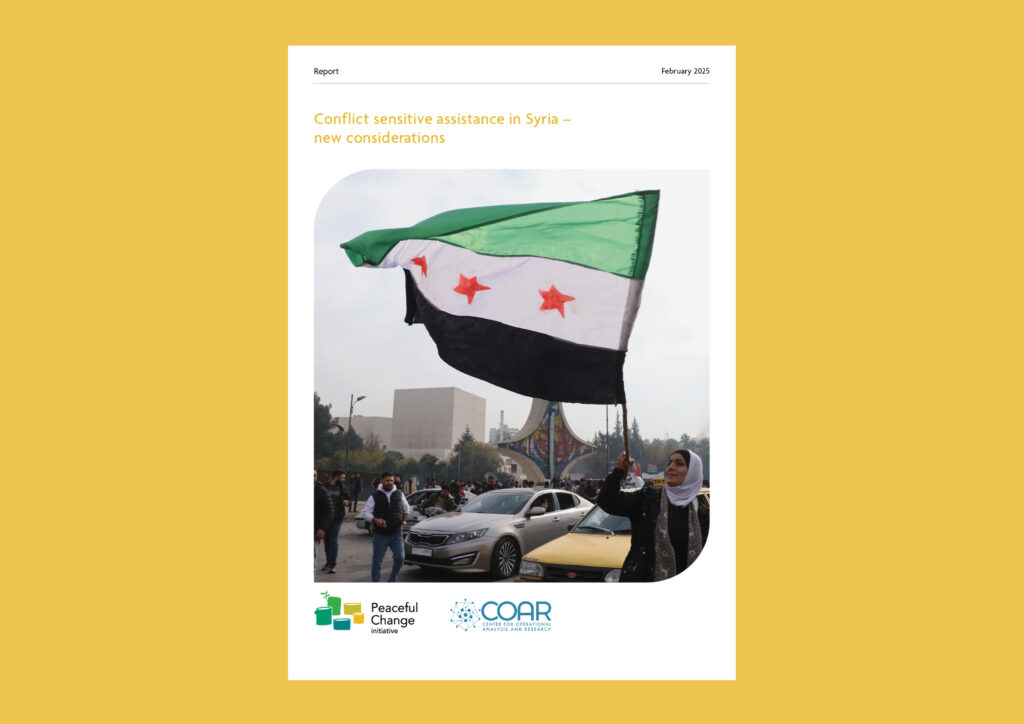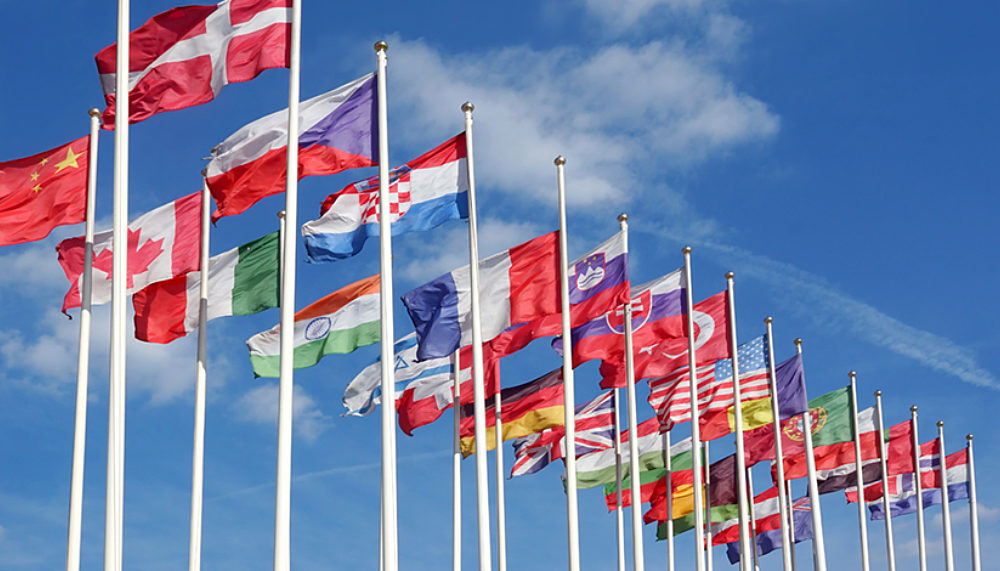This report examines Turkey’s increasing engagement in stabilisation and peacebuilding efforts. The report is based on interviews with senior Turkish officials and persons with close knowledge of the implementation of Turkish foreign policy.
Turkey is seeking a strengthened role in dialogue and conflict resolution, in part as a pathway to greater recognition and enhanced status in international affairs. Turkey’s approaches to stabilisation and peacebuilding are not formally articulated, but its practice is shaped by Turkey’s experiences in NATO.
Key strengths lie in Turkey’s ability to get things up and running, improve infrastructure and reinvigorate economic activity in areas affected by conflict. Turkey’s approach is highly state-centric focuses on “hardware” over “software”. Turkey has a strong preference for bilateral and direct engagement over working with the UN and international NGOs.
While Turkey has the ambition to play a greater role in peacebuilding, its capacity to do so will ultimately be limited by: a) the tendency of its actions to contribute to a “shallow” peace that leaves some drivers of conflict potentially unaddressed; b) persistent domestic identity questions; c) a lack of engagement with questions around the legitimacy of the government institutions that are built; d) limited local agency; and e) the potential for conflict-insensitive programming.
The report is available in English on the following link:



